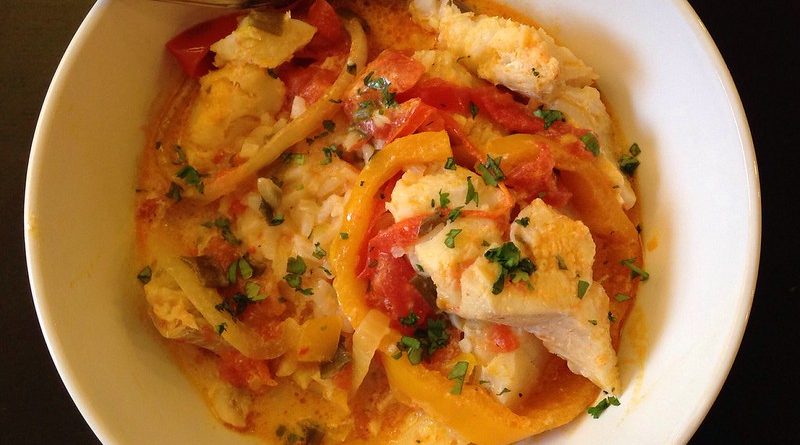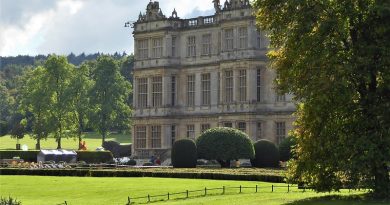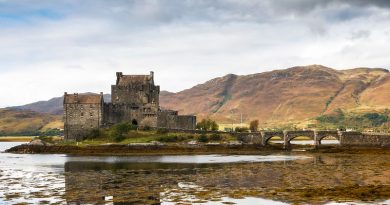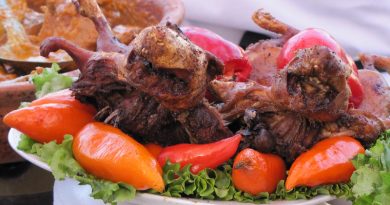A Taste of Brazilian Cuisine: Bahian Cooking
Food Facts
Where: Bahia state, north-east Brazil.
Origins: A fusion of African, Indian and Portuguese settlers in Brazil dating back 350 years to colonial days.
Staples: Coconut oil, hot chilli peppers and dende (palm oil).
Serving suggestion: Try acarajé street food in Salvador.
Origins and History
Bahian cuisine, revered throughout Brazil as the country’s best, evolved from an improvisation of African, Indian and Portuguese dishes using predominantly local ingredients. These three cultures were thrown together by the Portuguese colonisation of Brazil in the sixteenth century and over the next 350 years a distinctive culinary culture developed around this nexus of influences. Ninety per cent of Bahia is of African origin, a fact that’s given rise to the saying that ‘the blacker the cook, the better the food’!
Staples
The three primary ingredients of Bahian cooking that set it apart from others in Brazil are all of African heritage. They are coconut oil, hot malagueta chilli peppers (so important that a container of them, minced in oil, is usually provided on tables) and dendê, a bright orange palm oil extracted from the nuts of a West African tree successfully transplanted to Brazil.
Trying Bahian Cuisine in Brazil
Visiting Salvador, the centre of Afro-Bahian cuisine and the old colonial capital, it’s likely that the first time you’ll whiff its enticing smells is from the stalls of street vendors. The proud Bahiana women, descendants of slaves who bought their freedom through selling very similar foods, offer trays of tantalising edibles such as acarajé to passers-by. This is a round ball made from a mashed bean paste, mixed with ground shrimp and onion and fried in dendê oil (to give it that orange glow). It’s then split open and filled with okra sauce and topped with a whole dried shrimp.
You’ll never be stuck for a restaurant in Salvador. For truly traditional food, visit one of the restaurants belonging to local celebrity Dadá. She started her career with a modest café in the favelas (shanty towns) of Salvador but her popularity allowed her to expand to the area of Pelourinho, Salvador’s beautiful historic centre. Here you can sample dishes like Moqueca, a fish stew made with garlic, parsley, coriander, peppers, coconut milk and dendê oil. She’s recently added two more restaurants to her repertoire – two beachside restaurants side-by-side. Caranguejo da Dadá specialises in crab while Restaurante da Dadá is more upmarket.
More Information
Restaurante da Dadá on the beach
Av Otavio Mangabeiras, 940,
41680-000
Salvador
Brazil
Tel: 55 71 363-5151
By Kate Griffith




